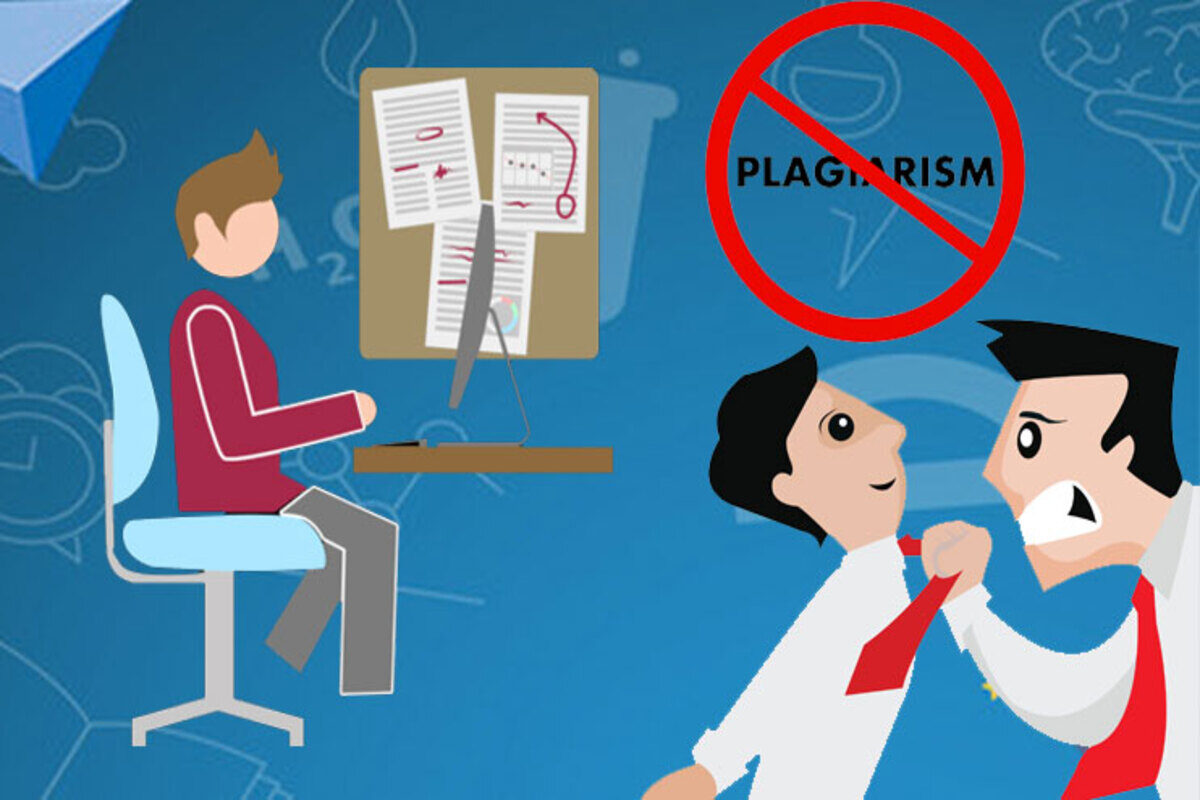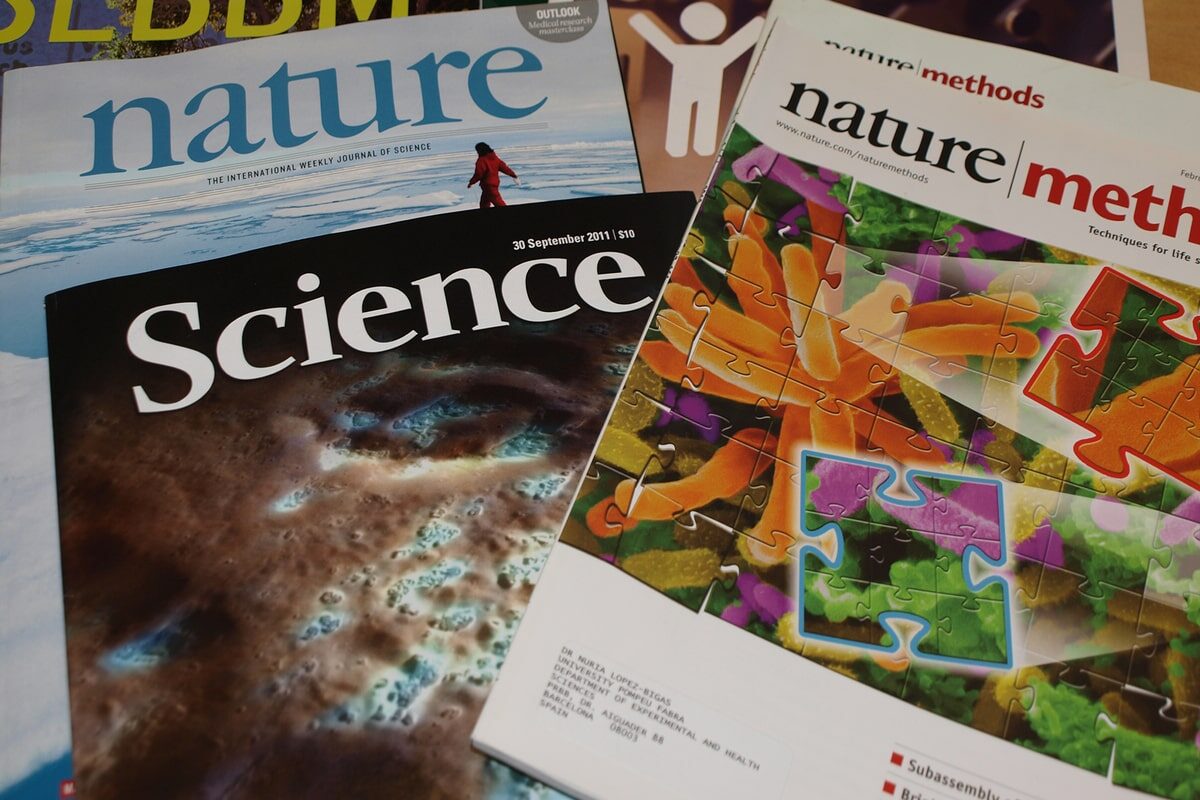Introduction
Plagiarism is a serious concern in the writing world. The cases of plagiarism are increasing. Plagiarism has various consequences including the destruction of career, monetary penalties, and legal repercussions. There are various ways to avoid plagiarism.
Plagiarism
Plagiarism is an act of copying someone’s work without giving any credit to the original creator. Plagiarism may be intentional or unintentional. In both ways, plagiarism brings bad name to the person who had plagiarized both on professional as well as the academic front.
Consequences of Plagiarism in Scientific Writing
Plagiarism is becoming a more common phenomenon in recent times. This increasing trend may be due to various reasons. Whatever the reason may be, plagiarism is a serious ethical and moral misconduct. In the arena of scientific writing, the readers require a continuous infusion of new, informative, and updated knowledge. Providing readers, a plagiarized material not only brings the writer in poor light but is also hamper the credibility of the editor and journal as a whole. Following are some of the consequences of plagiarism in scientific writing:
Serious dent on reputation: Writing a plagiarized content is considered as a serious offence among the intellectual fraternity. The academic reputation, professional reputation, and reputation as a student can be ruined because of writing plagiarized material. As a student, you might be suspended for the first offence and may be expelled for a subsequent offence.
Monetary consequences: There are monetary repercussions associated with plagiarism. The person who has written the plagiarized material may be directed to pay money to the original creator of the work.
Legal repercussions: There are strong laws in place to protect the rights of an original writer such as copyright law. Copyright law is strict in some countries and may attract prison sentences apart from monetary damages. So, as a writer, you should be aware of plagiarism and how to avoid them. You should not use the other writer’s work without citation and reference and within the ambit of fair use.
Failure in the examination: Some universities and colleges take the act of plagiarism too seriously and may expel the student or fail them in the class.
Thus, because of the serious consequences associated with plagiarism, the writer should identify and avoid plagiarism.
Identification of Plagiarism
As a writer, you should well-aware of various methods to identify plagiarism so that the corrective measures can be taken instantly. Following are some of the methods to identify plagiarism:
How much is too much: The writer should write the article completely in his own words. However, the writer must know how much copying of the content amounts to plagiarism and copyright infringement. Verbatim copying of a significant amount of content from an article amounts to plagiarism and copyright infringement.
Due credit not given: The writer should give due credit to the original creator of the content. If the work is copied and credit and references are not supplied, it may lead to plagiarism.
Paraphrasing: Avoiding plagiarism through paraphrasing is a grey area. Plagiarism is indicated when the writer not only uses some other’s words but also the idea, without giving credit to the original creator of the idea.
Google check: If you have to check the plagiarism for a small paragraph or few lines, this can be done with the help of Google. Just copy the paragraph or lines and paste them on the Google search. Do not forget to put a quotation mark in the starting and end of the lines to get the exact word match.
Plagiarism tools: Various free and paid plagiarism tools are available to check the plagiarism. These tools are quite powerful and also provide you with the services of rewriting the plagiarized content. Some tools also fix grammatical errors.
Avoiding Plagiarism in Scientific Writing
Avoiding plagiarism is one of the prerequisites of writing. Following tips may help you in avoiding plagiarism:
Understand Plagiarism: Before writing the article and checking for plagiarism, get a basic understanding of the acts that constitute plagiarism. This will help you to build a strategy for avoiding plagiarism.
Citation: Do not forget to cite the source from where the content is extracted. The citation should be proper and complete. The citation style should adhere to the recommendation of a particular journal.
Quotation: If you want to take the word as it is from a source, the quotation would be your best option. You can use the quotation marks at the start and end of the sentence to give a clear indication that these are not your own words. You can place a direct citation next to the quotation.
Always write in your own words: You should prefer to be a creator of original content. Use your own words in explaining a concept, idea, or disseminating any information. If you write in your language, there are very dim chances of getting into the trouble of plagiarism.
Accurate paraphrasing: Paraphrasing when done accurately may also help you in avoiding plagiarism. While doing paraphrasing, you should change the language, style, and tone of the original content.
Do not rely very much on plagiarism software: Although plagiarism software is of great help in preventing plagiarism they may also skip some content. So, try to be the original creator of the article.
Start early: Always schedule your writing in such a way to have sufficient time to research and write it in your own words. If the time is less, you may be inclined more towards copying and pasting someone’s work.
How Scientific Writing Service Providers Help you in Avoiding Plagiarism?
Scientific writing services company help you in different ways to produce a plagiarism-free content. They may advise you regarding the research and assist you in an effective and accurate paraphrasing. The service providers will also help you in correct citations and make good use of quotations. They may also run your paper on their paid plagiarism software to identify any plagiarism.





